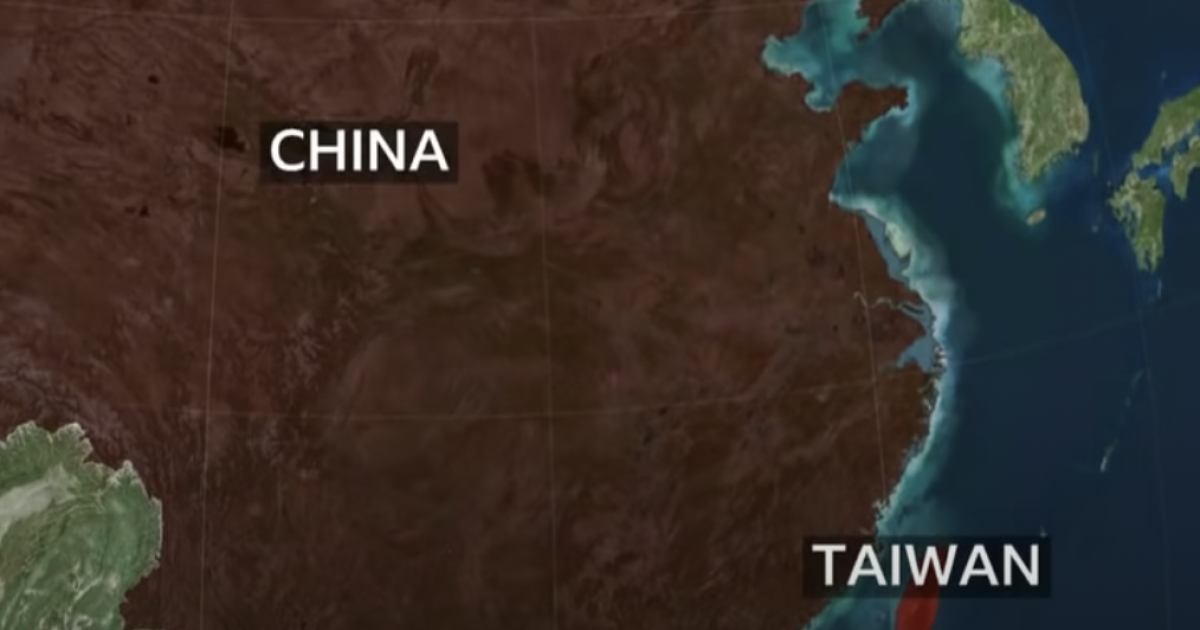
According to a piece published by Walt Zlotow at Antiwar.com, hawks in the U.S. Congress are doing everything possible to draw America into a military conflict with Taiwan.
Zlotow raises a good point about how the practice of issuing a declaration of war as stipulated by Article 1, Section 8, Clause 11 of the Constitution has become an afterthought in U.S. politics. The last time that a declaration of war was issued was 80 years ago. This war declaration power was invoked to either launch or defend against attacks three times in the 19th and twice in the 20th century.
Indeed, the US’s transformation into a superpower after World War II warped its political culture. Many policymakers saw abiding to the Constitution and sticking to constitutional norms both domestically and abroad as passé.
Harry Truman was the first US President to dispense with the war declaration tradition that is enshrined in the US constitution. He did not even bother to ask Congress for a war declaration nor did Congress do anything of substance to stop this massive abrogation of war power to the president.
When Truman put U.S. boots on Korean soil in 1950, he justified his controversial intervention as a police action. North of 600,000 Korean military forces (both sides in total) died, with nearly 40,000 American forces perishing in the conflict. Not exactly a random police action. Seven decades have passed, with the US participating in multiple military conflicts — conventional and irregular. As Zlotow noted though, “Congress has never explicitly granted the 13 presidents succeeding Truman the power to unilaterally wage war.”
Occasionally, Congress will pay lip service to Article 1, Section 8, Clause 11 in attempts to retake war-making powers. Nothing of substance has occurred.
Now, lawmakers in DC are continuing this troubling trend by proposing a new law that would explicitly authorize the president to launch a war with China in the near future should China make a move to seize the island nation of Taiwan.
The legislation question is called the Taiwan Invasion Prevention Act, that was introduced by Florida Senator Rick Scott and Pennsylvania Congresswoman Guy Reschenthaler. In addition to pre-authorizing bellicose action against China, the bill featured 10 other provisions that bolster American ties to Taiwan that directly conflict with the multi-decade “One China” policy. This is specifically buttressed by the concept of strategic ambiguity, which consists of Washington throwing its support behind Taiwan while simultaneously maintaining an ambiguous stance on whether it will come to the island’s defense should China decide to invade it.
Scott and Reschenthaler employed alarmist rhetoric to promote their hawkish bill on China. “It is no secret that General Secretary Xi is bent on world domination. The United States cannot sit back and let this happen,” declared Scott. “The Taiwan Invasion Prevention Act empowers and strengthens Taiwan by authorizing the president to use military force to defend Taiwan against a direct attack,” Reschenthaler stated.
To be sure we can talk about China’s weaponization of immigration, its use of Confucius Institutes to project power, and some of its questionable trade practices. These are all points that can be addressed through America First policies such as immigration restriction, targeted tariffs, closure of embassies, and bureaucratic de-regulation to bring back industry.
However, trying to get into a bellicose confrontation with China would be a disaster. As far as the rise of China is concerned, the U.S. can simply pass the buck to East Asian and Southeast Asian states, who either have developed or rapidly developing economies that can gradually use their economic power to build respectable military forces. For one, a country like Japan should be allowed to fully re-militarize and perhaps entertain building nuclear defenses to protect its sovereignty from potential Chinese aggression.
But here’s the thing: These are all decisions that should be taken by East Asian nations — highly developed sovereign nations that are more than ready to behave like adult nations on the world stage.
An over-extended American presence in this region will only further stunt countries’ abilities to function as sovereign nations.



